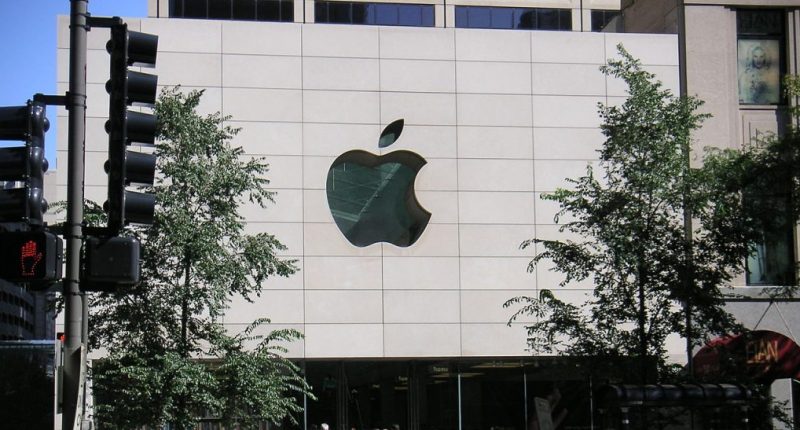How do you win an argument if the opposite side does not even retaliate? Something very similar has happened in the high-profile trial between Epic Games and Apple, which may not have an “epic” conclusion now, thanks to Tim Cook’s clever tactics. Apple’s CEO went through one of the most grueling scrutiny faced by a tech executive since Netscape sued Microsoft more than two decades ago, over the allegation that Apple abuses its power as a monopoly and stifles competition in the market.
While Cook did not condemn the allegations, he took a safer route – feigning ignorance. His testimony comes at the twilight of the landmark trial, which is expected to conclude next week, and a verdict might be issued by mid-August, said U.S. District Judge Yvonne Gonzalez Rogers, who is presiding over the case.
Most of Cook’s four hours on the witness stand was spent rebutting Fortnite creator Epic’s claims that Apple stifled competition and abused its dominance in the market by unfairly prohibiting competing app stores on the iPhone, while also forcing in-app purchases for digital payments through its own system with a commission of 30%. Fortnite was banned from Apple’s App Store, prompting Epic Games to sue Apple in both Europe and the US.
Cook argued that Apple faced “fierce competition” by rival smartphone manufacturers as well as gaming consoles and streaming services, while Rogers said that the company faced no competition when it came to in-app purchases. Cook said that the “wall garden” formed by its App Store policies was for the safety and privacy of users. While he admitted that Apple had conflicts with developers now and then, he reiterated that the company worked constantly to retain developers and users.
When asked about Apple’s R&D budget, Cook feigned ignorance, saying that he could not recall how much of Apple’s R&D budget went toward the App Store, because “we don’t allocate like that.” He claimed that Apple doesn’t break out R&D budgets for individual projects, adding that the company did not evaluate the App Store’s income as a standalone business (other than saying that the total net sales came to about $275 billion) when he was asked about the App Store’s profits.
Cook did not enter into specifics, saying that the iOS numbers “would be a lot larger” than macOS App Store numbers (he did not go into details, objecting that it was privileged information), saying that the estimation of App Store’s profits of nearly 80% was “inaccurate.”
Cook’s ignorance removes a great advantage that Epic had – regardless of the size of the budget it would have worked in its favor. Now that Cook has feigned ignorance, it masks Epic’s argument as empty speculation. It is clear that while Apple will not allow Epic to win, it will not surrender without a fight. Cook was polite throughout his testimony, but never once did he divulge any information that could be used to Epic’s advantage.
This was made clearer when Cook said that he did not remember the specific numbers regarding Apple’s deal with Google as the default search engine on iOS. It will not be surprising, thus, if the matter is laid out before a higher court in due time, where Epic seeks retribution and a victory.
